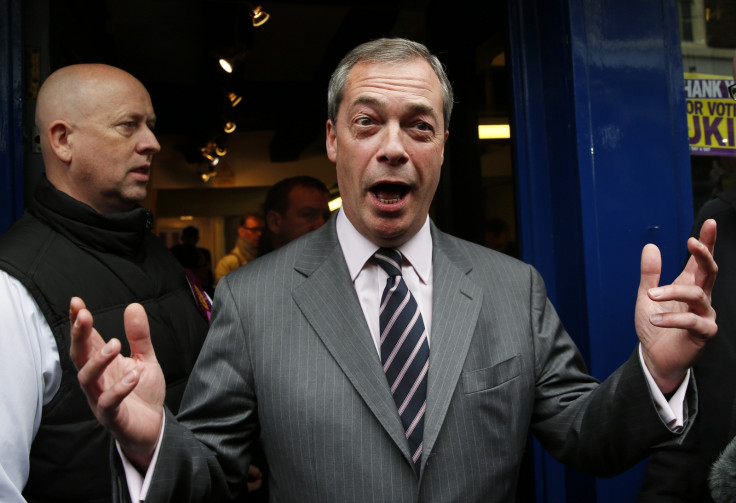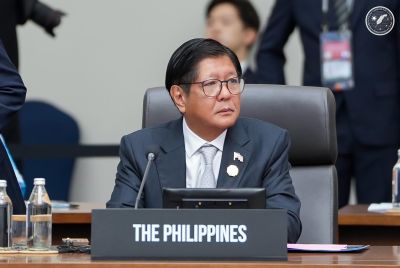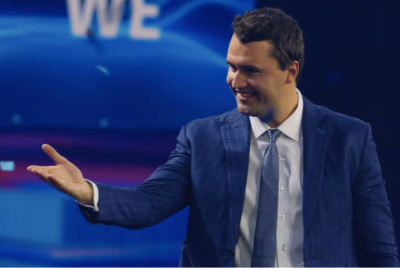Ukip leader Nigel Farage performs fresh U-turn by using hedge funds to power election push

Ukip leader Nigel Farage is dependent on hedge fund managers to help bankroll his political party, despite once saying that profiting from such deals is "just not on".
Farage, who has claimed that he wants to create a "people's party" away from the capitalist culture, has urged his party members to cosy up to the fat cats of the city, according to a leaked document.
In the report from 2012, he says that the hedge fund industry will provide the means for Ukip to continue its meteoric rise.
The document also claimed that the party's surprising success "is very interesting. We are very close to the tipping point of being able to do something very very big.
"The type of people we are talking to has changed. People who would have slammed the door in our face three years ago are inviting us. The key to money for us will be the hedge fund industry."
The minutes add: "Nigel Farage feels that Expo [stands] is a tax-efficient way for money to be given to Ukip."
Farage also speaks of a billionaire businessman he met in Switzerland and asked fellow Ukip members to reach out to prominent financiers.
Influential hedge fund owner Crispin Odey, son-in-law of Rupert Murdoch, is named in the report as a supporter, with minutes detailing that he threw a party at Odey Asset Management offices in a bid to introduce Farage and his clan to the wealthiest of the city, and also donated £32,000.
JO Hambro co-founder Christopher Mills was another donor, apparently ploughing £50,000 into Ukip.
However, Farage was not confident that all of the party's members were capable of wooing investors. Indeed he said of one, unnamed member: "We could not take him to meet the large City donors. [He had] no forcefulness and no passion that sticks and registers".
Farage has often been accused of lacking detail in his core policies, and for reversing his stance on key issues such as the NHS, which he now believes should be free at the point of delivery, despite previously suggesting Britain should move to an insurance-based model.
© Copyright IBTimes 2025. All rights reserved.




















